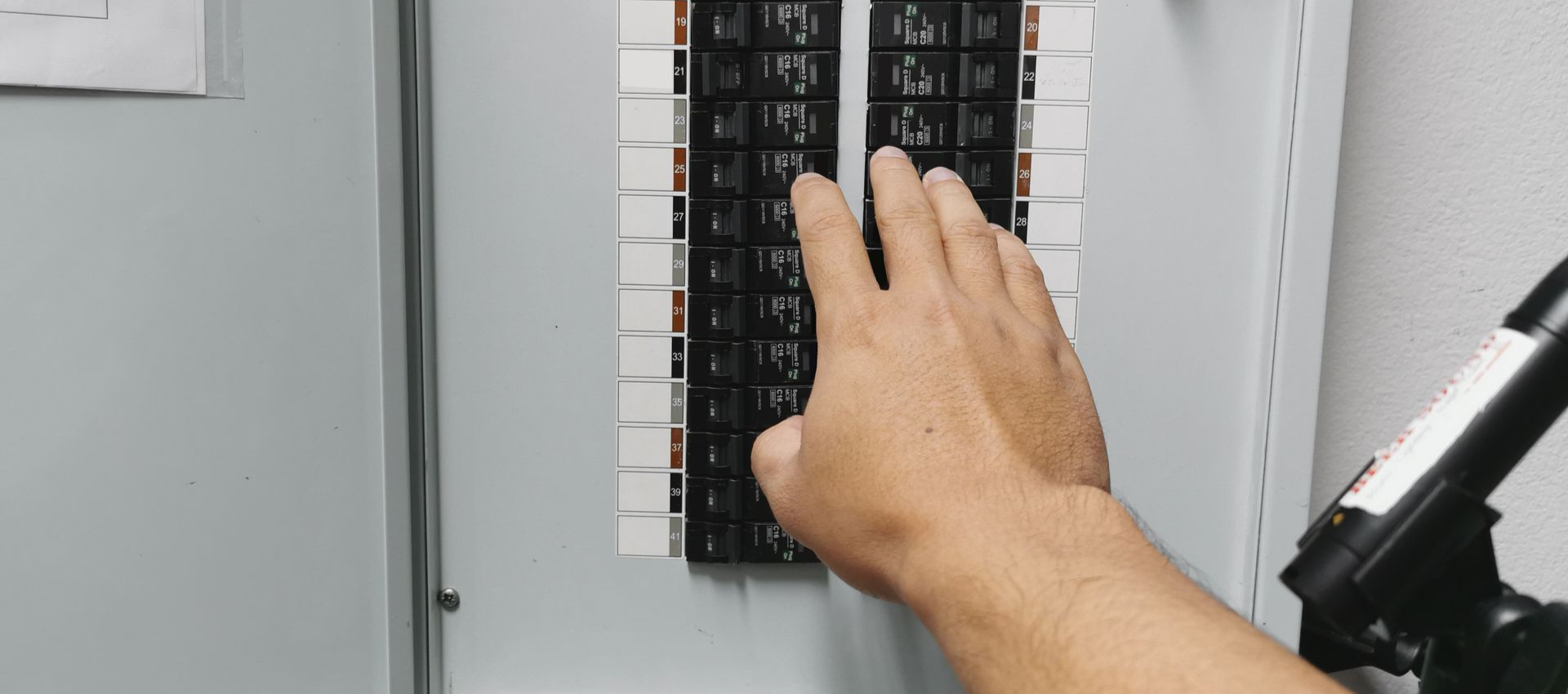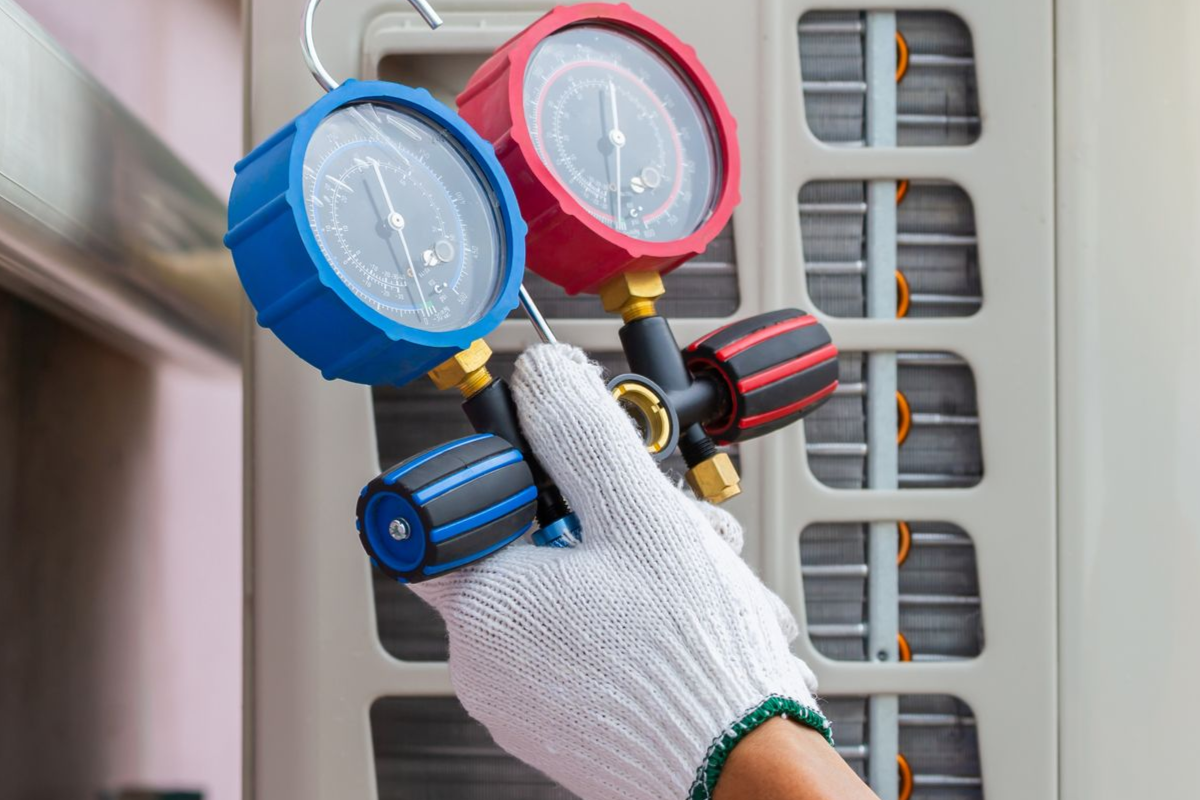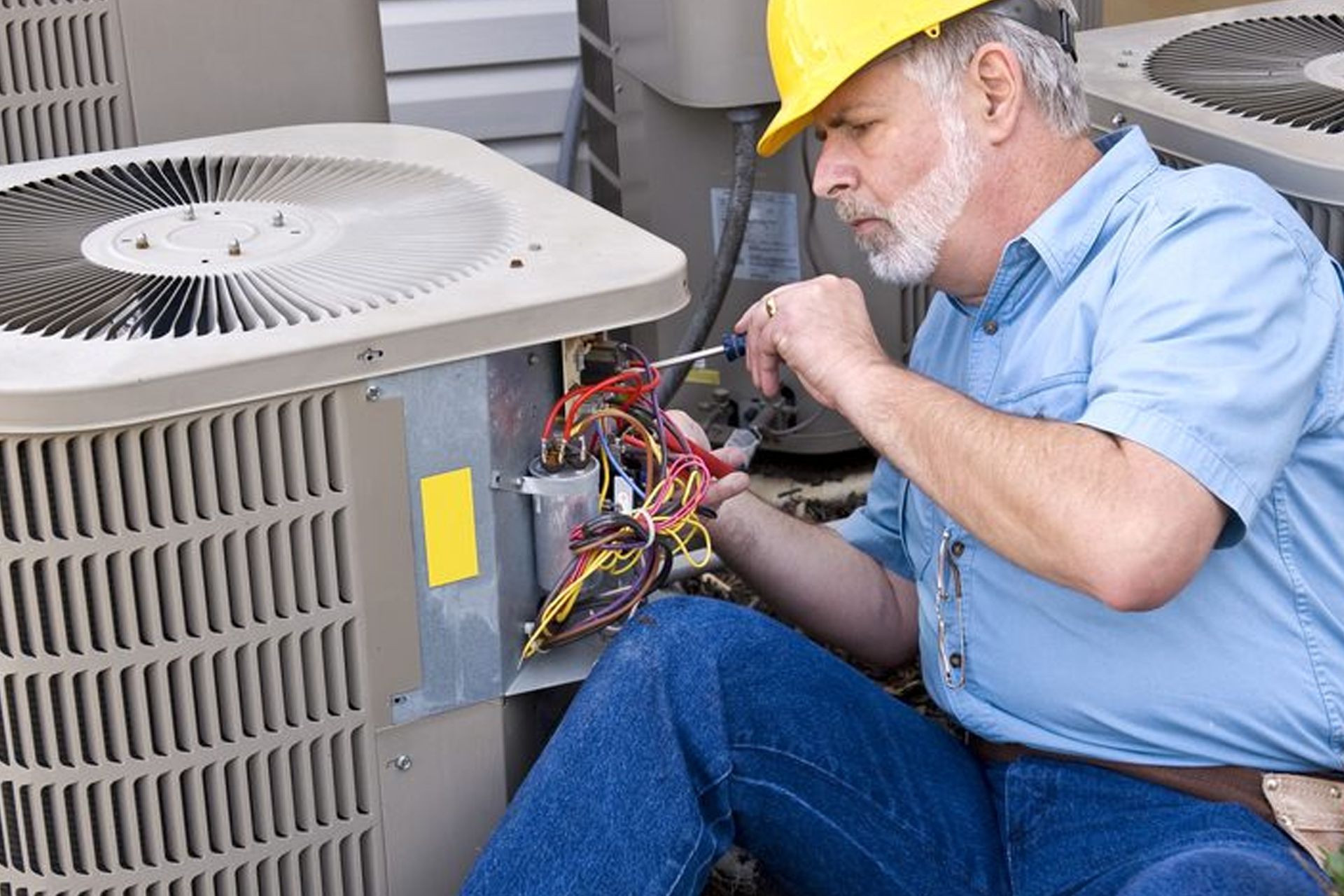9 Reasons Your AC Might Be Tripping the Circuit Breaker

When your air conditioner keeps tripping the circuit breaker, it can be particularly frustrating for Alabama homeowners who face months of heat and humidity. Fortunately, there are several steps you can take to get your unit back on track and maintain a cool, comfortable home. Let’s explore eight ways your AC unit could be tripping your circuit breaker and what can be done to fix it.
1. Dirty Air Filter
One of the most common reasons an AC unit will trip your breaker is a dirty air filter. If the filter becomes clogged with dust and debris, it can cause the AC unit to overheat and trip the circuit breaker. To avoid this, it's important to change your air filter regularly. For most homeowners, it’s recommended that air filters be replaced every 1 to 3 months. Replacing your air filters will keep your AC working properly and help maintain air quality.
2. Electrical Overload
Another possible cause for your circuit breaker tripping is an electrical overload. If you’ve recently added new appliances or electronics near your AC unit, they could be drawing too much power. Try unplugging or relocating these devices to see if that resolves the issue. If the breaker continues to trip, it may indicate a deeper wiring problem that requires a professional inspection.
3. Blocked Condenser Fan
In some cases, a blocked condenser fan can cause your AC unit to overheat. If you suspect this, start by turning off your AC system. Switch the thermostat to “off” and shut off the disconnect switch on the outdoor unit. Once it’s turned off, check the fan for debris like leaves, twigs and dirt. Clearing the blockage will allow hot air to escape properly and prevent overheating.

4. Damaged or Corroded Wiring
Older air conditioners may have aging or faulty wiring, which can cause the circuit breaker to trip. If you suspect this may be the issue, it's important to have an HVAC technician inspect and repair any damaged wiring. In some cases, replacement may be needed to ensure the system operates safely and efficiently.
5. Bad Capacitor
A faulty capacitor can also trip the circuit breaker. The capacitor helps regulate the voltage of your air conditioner, and if it's damaged or faulty, it can cause your unit to overheat. If you suspect your capacitor is faulty, it's best to book an AC repair appointment with a licensed technician. Addressing the issue promptly can prevent further damage to your AC system and avoid costly repairs.
6. High-Power AC Unit
If your AC unit is too powerful for your home’s power supply, this could also cause the circuit breaker to trip. In this case, you may need to invest in an air conditioning unit that is rated for your power supply. Consulting an HVAC professional can help determine the best solution and prevent your circuit breaker from tripping.
7. Large AC Unit
Sometimes, an AC unit that is too large for the space it's cooling can cause the circuit breaker to trip. If this is the case, you may need to invest in a smaller unit or adjust the settings on your current system. Ensuring your AC is properly sized helps it run efficiently and prevents unnecessary strain on your electrical system.
8. Low Refrigerant
If your AC unit doesn’t have enough refrigerant, it could be causing your AC unit to overheat. If this happens, you will have to consult with an HVAC technician. In this situation, it’s important to consult a licensed HVAC technician, who can check refrigerant levels and inspect your unit for potential leaks. Having the right amount of refrigerant inside your unit can prevent your unit from overheating, which stops your circuit breaker from tripping.

9. Faulty Circuit Breaker
The solution isn’t always an air conditioning repair; if you're experiencing frequent circuit breaker trips, the breaker itself may be faulty and need replacement. This is a task that should only be handled by a licensed electrician to ensure safety and proper operation. Addressing a faulty breaker promptly can prevent potential electrical hazards and protect your home’s wiring.
When Should I Consult a Professional HVAC Technician?
If your AC unit frequently trips the circuit breaker, it’s a sign that something isn’t functioning properly. In this situation, it’s important to avoid DIY repairs that go beyond basic maintenance or cleaning. If you attempt DIY repairs, you may injure yourself or make the problem worse.
In this case, it’s best to contact a licensed HVAC technician. They have the expertise to accurately diagnose issues, perform repairs and ensure your system operates safely. Getting your AC unit serviced not only restores comfort to your home but also prevents minor issues from turning into costly repairs.
Need Your AC Unit Inspected? Call C&G Today!
If you’re an Alabama homeowner in need of skilled HVAC professionals, C&G Heating & Air Conditioning is here to help! Located in Smiths Station, we proudly serve communities across the Alabama-Georgia border, including Phenix City, Auburn, Opelika and Columbus.
Whether you need AC maintenance, repairs or a full installation, our experienced team can ensure your home stays comfortable year-round. For any questions or to schedule service, give us a call at 334-489-3329. We also offer comprehensive heating solutions, including repair and routine maintenance. Click the link
here to learn more about all our services and how we can keep your home running smoothly.


